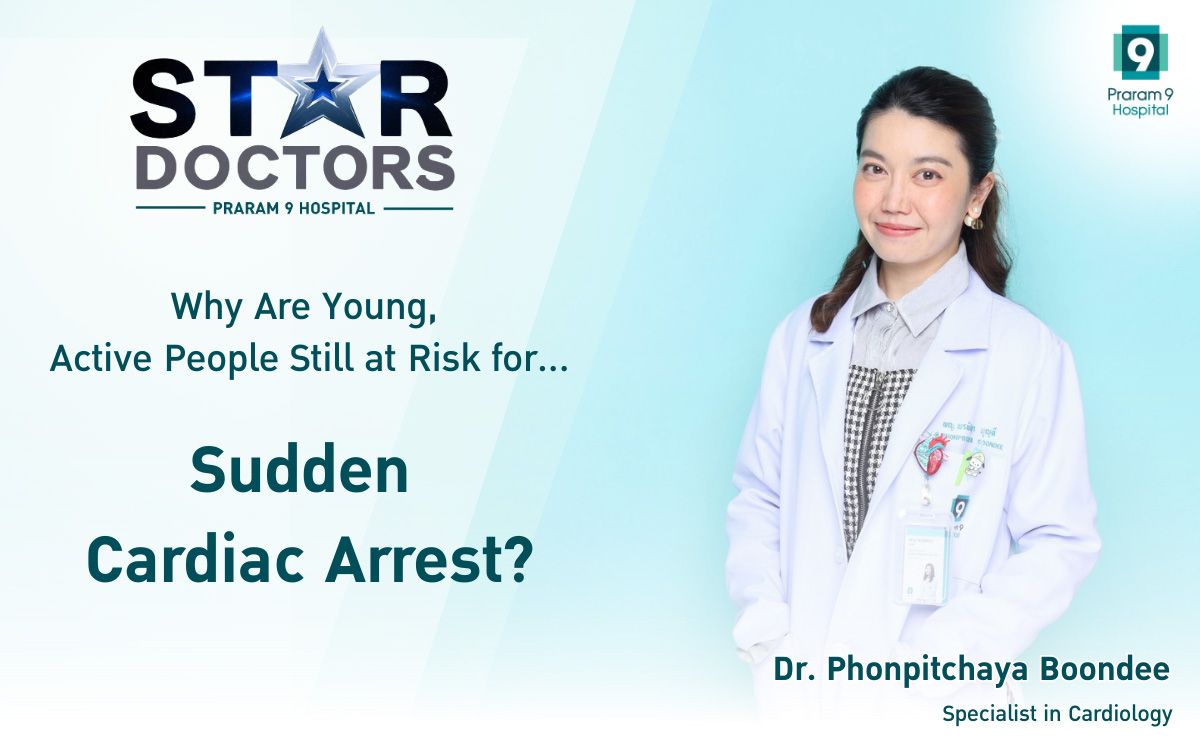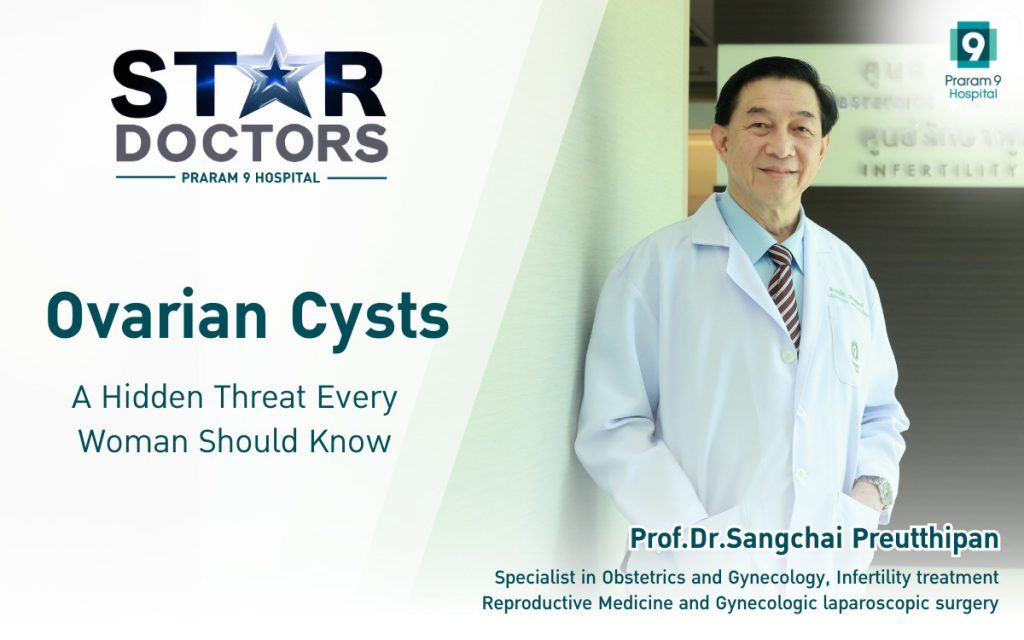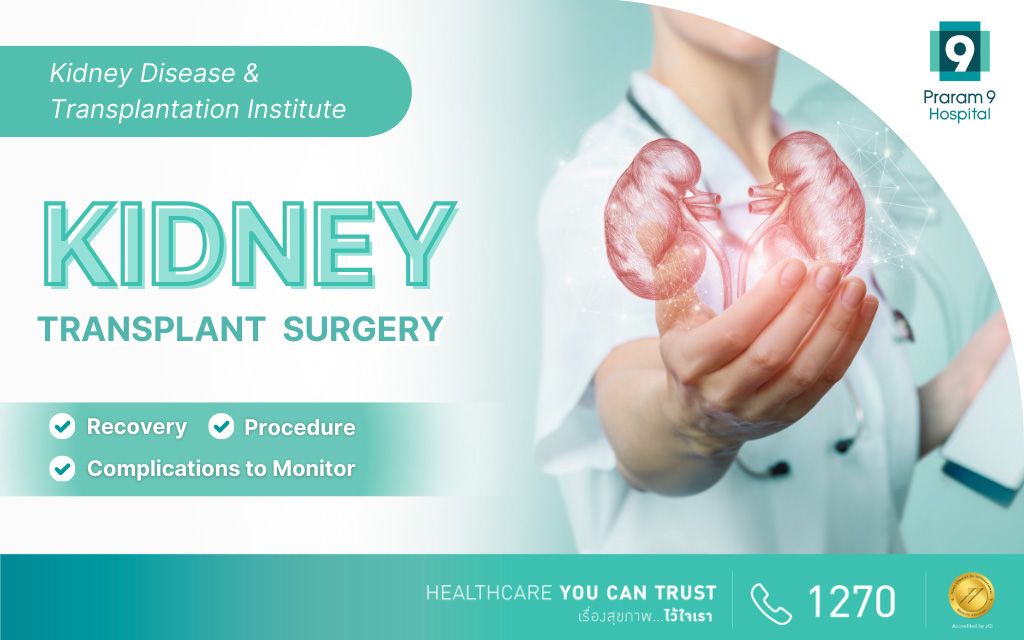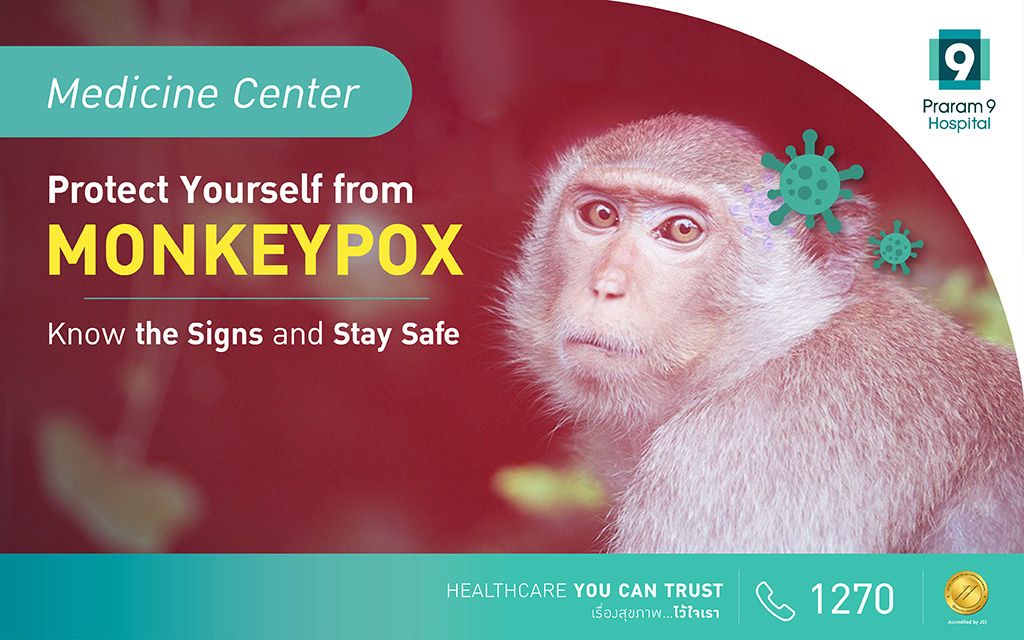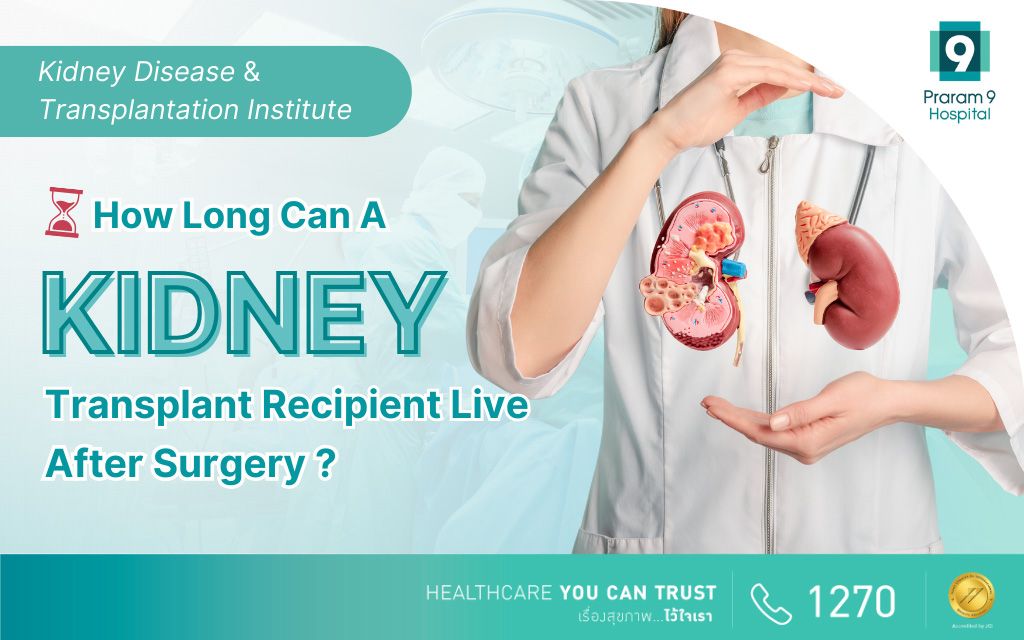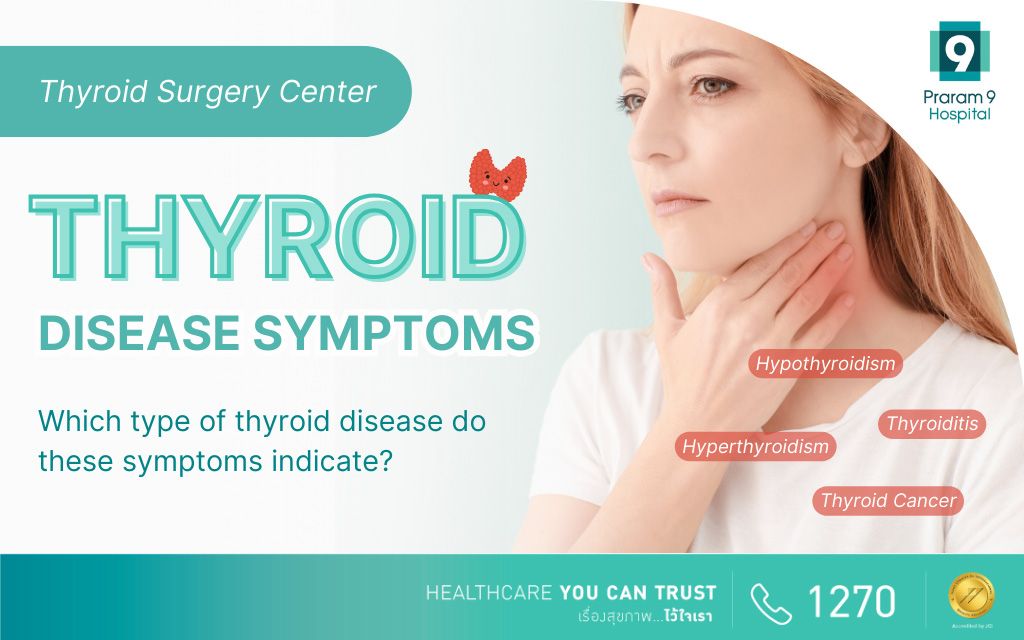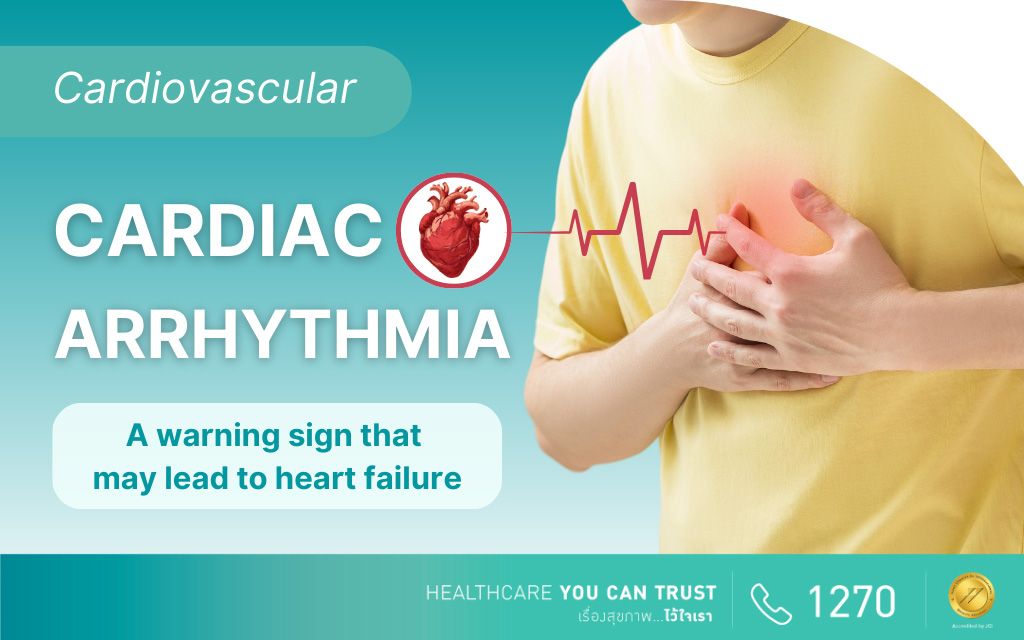Health Articles
Knowledge
6 Coronavirus COVID-19 mythbusters
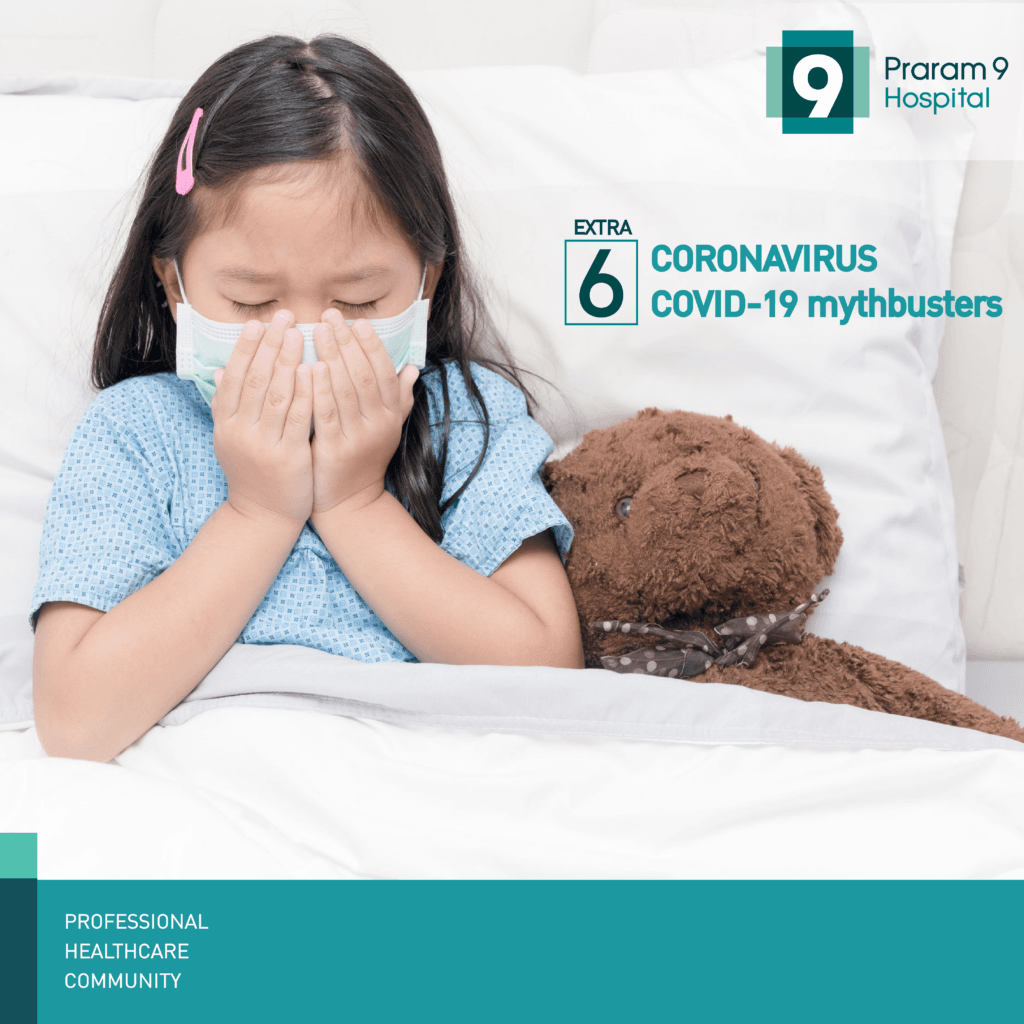
6 Coronavirus COVID-19 mythbusters
1. How effective are thermal scanners in detecting people infected with the new coronavirus?
Thermal scanner used to detech temperature through visual indication. When someon has fever due to the virus, they will be visibly different color-wise when looking from the thermal scanner. Therefore it is effective in detecting people who have already developed a fever. However, the machine cannot detect people who has not yet develop the symptoms with fever eventhough they are infected as the virus can takes between 2 and 10 days before people who are infected become sick and develop a fever.
2. Can spraying alcohol or chlorine all over your body kill the new coronavirus?
Spraying yourself with alcohol or chlorine will not kill the virus that have already entered your body. Spaying such substances can be harmful to clothes or your eyes and mouth. Although Alchohol and chlorine can be useful to disinfect surfaces, these products need to be used under appropriate instructions and applications.
3. Do vaccines against pneumonia protect you against the new coronavirus?
Vaccines against pneumonia such as pnuemococcal vaccine and Haemophilus influeza type B (Hib) vaccine do not provide protection against the new coronavirus. Although these vaccine are not effective against COVID-19, vaccination against respiratory illnesses in general is highly recommended to protect your health. Currently, researchers around the world are conducting research to develop a vaccine against COVID-19.
4. Does the new coronavirus affect older people or are younger people also susceptible?
People of all ages can be infected by the new coronavirus. However, elderly people and people with pre-existing medical conditions such as asthma, diabetes, heart disease have higher chance of become severely ill when infected with the virus. We recommend everyone to take steps to protect themselves from the virus by taking protective measures such as following good hand and respiratory hygine.
5. Are antibiotics effective in preventing and treating the new coronavirus?
No, antibiotics do not work against viruses, it only work against bacteria. The new coronavirus COVID-19 is a virus which the antibotics should not be used as a means of prevention or treatment. However, if you are hospitalized for the 2019-nCoV, you may receive antibiotics because bacterial co-infection is possible.
6. Are there any specific medicines to prevent or treat the new coronavirus?
To date, there is no specific medicine recommended to prevent or treat the new coronavirus.


